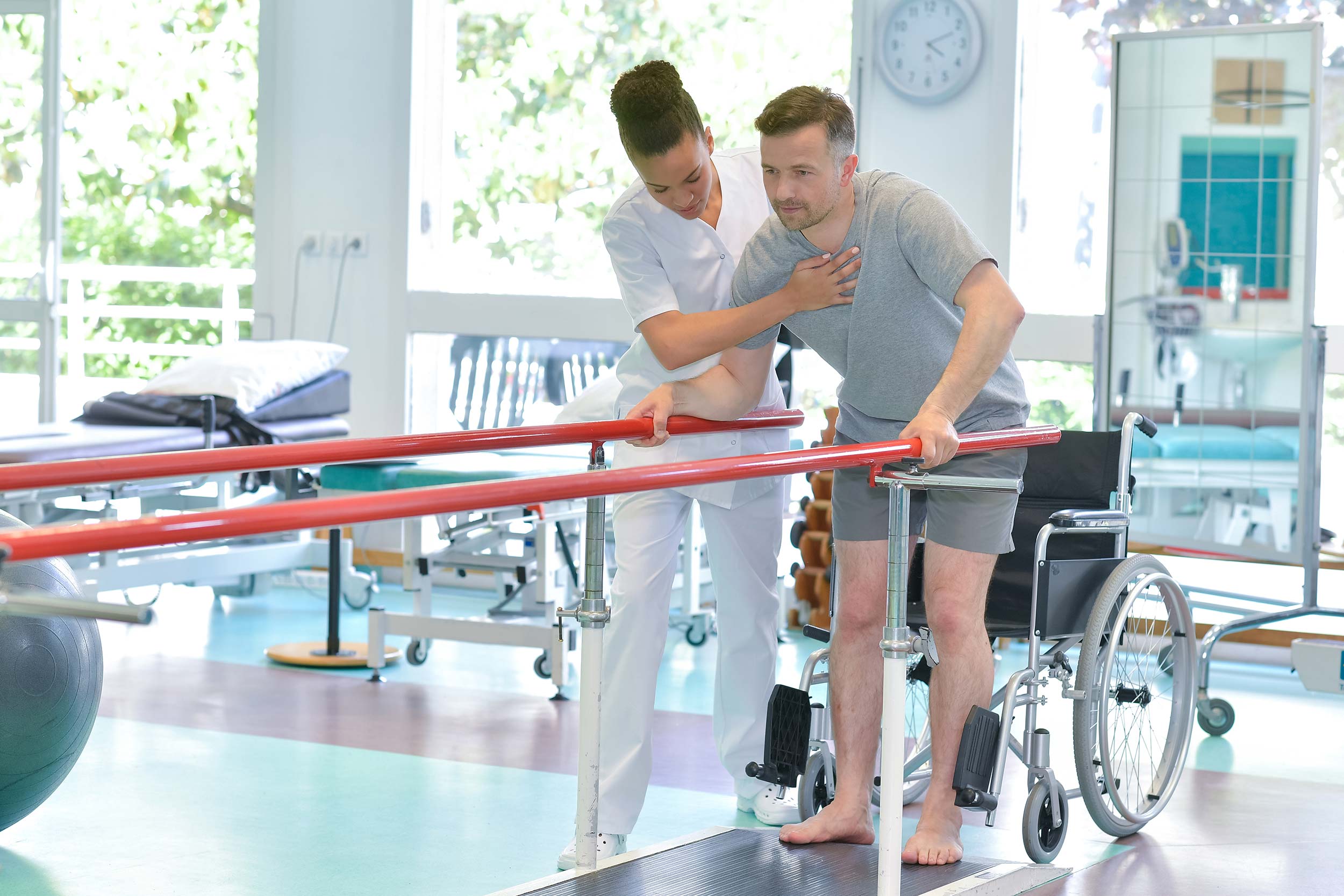« L’accident vasculaire cérébral est une des principales causes de mortalité et d’invalidité au Luxembourg. Les séquelles laissées par un AVC sont nombreuses : paralysie partielle du corps, des troubles de la marche, de la vue et du langage. Afin de limiter des séquelles à long terme, il est notamment primordial de recevoir une rééducation neurologique.
Néanmoins, un article publié au « Luxemburger Wort » le 29 octobre 2021, a attiré l’attention sur d’éventuelles incohérences concernant les traitements de réhabilitations au Luxembourg. D’après l’article susmentionné, un tel traitement est considéré comme achevé après juste trois mois dans un établissement situé dans le sud du pays, alors que dans le centre, il est possible que le même traitement dure jusqu’à un an et demi.
L’article souligne également que les six centres de réhabilitation ne sont pas encore certifiés et que les thérapies sont souvent seulement disponibles en français.
Dans ce contexte, j’aimerais poser les questions suivantes à Madame la Ministre de la Santé et à Monsieur le Ministre de la Sécurité sociale :
- Comment les ministres évaluent-ils l’offre actuelle de traitements de réhabilitation ?
- Les ministres pourraient-ils fournir des informations concernant la structuration et l’organisation des programmes de réhabilitation dans le pays ?
- Les ministres estiment-ils que des différences tellement prononcées existent entre des traitements disponibles dans le sud et dans le centre du pays? Comment entendent-ils remédier à ces incohérences ?
- Les ministres ne sont-ils pas d’avis que les thérapies de réhabilitation devraient être disponibles en plusieurs langues, surtout si l’on considère les difficultés que les patients, ayant subi un AVC, peuvent avoir à communiquer dans une langue qui n’est pas leur langue maternelle ? »






